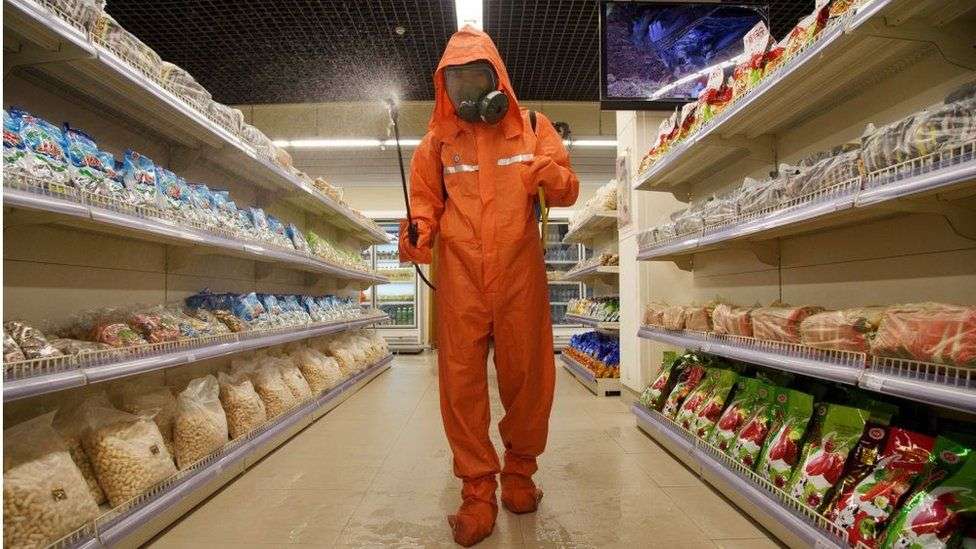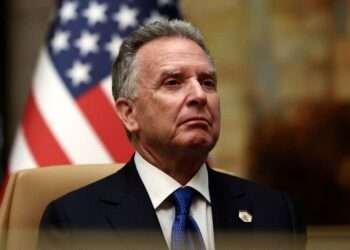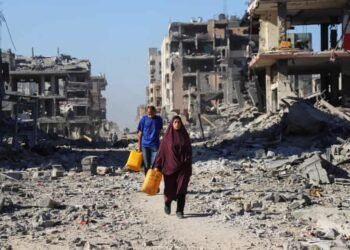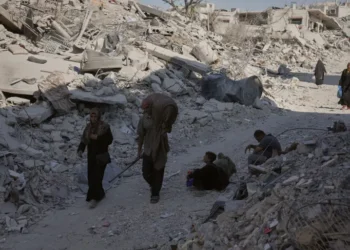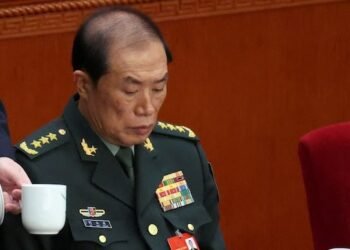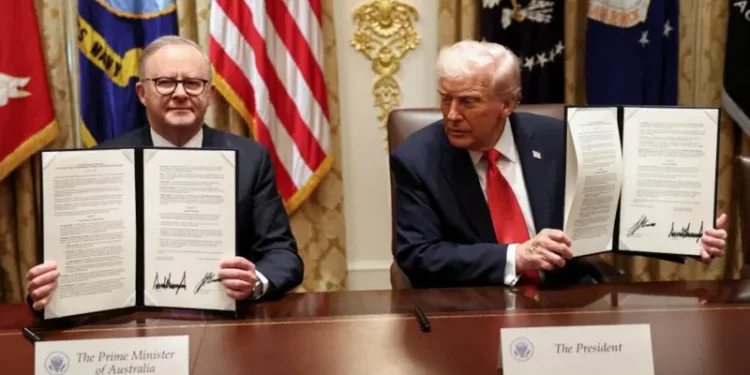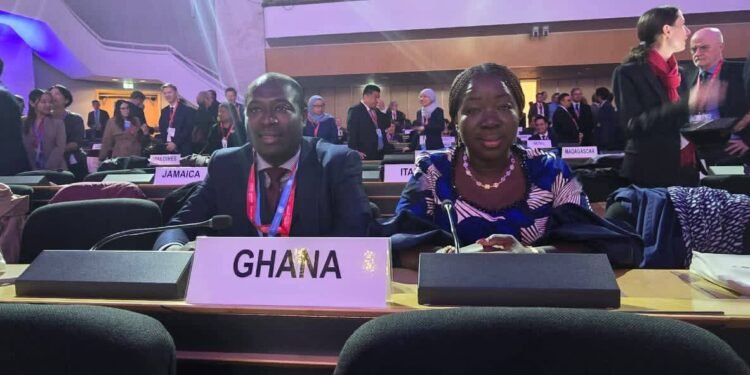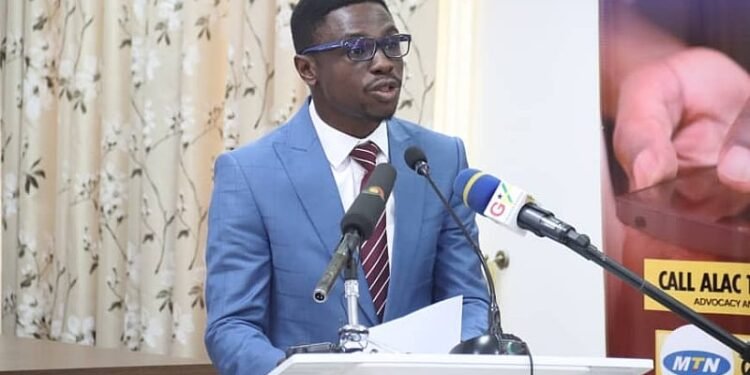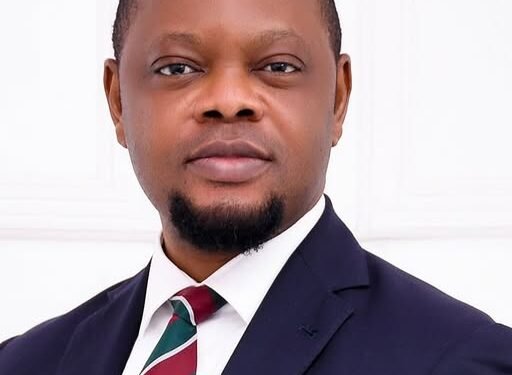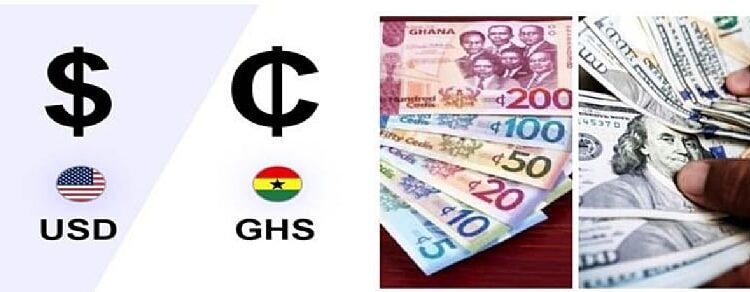North Korea has ordered a strict national lockdown after the country confirmed its first official Coronavirus infection(s).
North Korea reported an Omicron outbreak in the capital, Pyongyang, but did not state the number of cases. According to State media, Leader Kim Jong-un vowed to eradicate the outbreak, which they called a “severe national emergency” that breached the country’s “quarantine front”. But observers are of the view that the virus has long been present in the country.
Outsiders said the nation’s 25 million population is vulnerable as North Korea has declined to administer a Covid-19 vaccine programme, even to the point of rejecting offers from the international community to supply millions of AstraZeneca and Chinese-made Sinovac jabs last year (2021).
Concerns have also been raised about North Korea’s impoverished healthcare system. North Korea’s main way of combating Covid has been to seal its foreign borders, as it was one of the first countries to do so in January 2020. But at the same time, the situation also stopped essential supplies from entering the country, which led to food shortages and a falling economy.
What Measures are in Place?
On Thursday, May 12, 2022, a media report disclosed that Mr. Kim has ordered “maximum emergency” virus controls, which appeared to include orders for localised lockdowns and gathering restrictions in workplaces.
The North Korean news outlet added that the first case of the Omicron variant was reportedly detected in the capital four days ago. As a result, residents in some areas of Pyongyang were subjected to lockdown for at least two days prior to the latest announcement, according to a Seoul (South Korea’s capital) based monitoring site.
South Korea’s government said it has renewed its offer of humanitarian assistance to the North in response to the news of the outbreak, but Pyongyang is yet to issue a response.
What Analysts are Saying
Analysts have disclosed that Pyongyang’s disclosure of the Covid cases at this time is significant, but could hamper the State’s nuclear ambitions which continue to see a gradual take-off this year (2022).
North Korea claimed to have conducted over a dozen banned missile tests, including one of an Intercontinental Ballistic Missile (ICBM), a weapon which had not been tested in over four years. A professor at the University of North Korean Studies, Yang Moo-jin, revealed that North Korea could shelve plans for a nuclear test to focus on battling the outbreak, though if public fears escalated, Mr. Kim may go ahead with a test “to divert this fear to another place”.
But Leif-Eric Easley, a professor at Ewha University, pointed out that North Koreans “may be less interested in nuclear or missile tests when the urgent threat involves coronavirus rather than a foreign military”. In addition, he indicated that he believed Pyongyang would “likely double down” on its lockdowns given that it was entering a “period of uncertainty in managing its domestic challenges and international isolation”.
The Presence of Covid in Disguise
Despite North Korea’s previous claims that it had “shining success” in keeping out Covid, there have been signs throughout the pandemic of the virus’ potential presence in the country.
In June last year (2021), state media reported that Mr. Kim punished officials over a “grave incident” related to Covid, but did not specify details. Then in September 2021, the state held a military parade featuring lines of soldiers wearing hazmat suits and masks, which some analysts saw as a sign that a special force was created to help prevent the spread of Covid.
North Korea shares land borders with South Korea and China, of which both South Korea and China have battled the Covid outbreaks. Currently, China is struggling to contain the Omicron wave with lockdowns in its biggest cities.
READ ALSO: We Are Struggling To Match Demand For Service Connections- ECG



